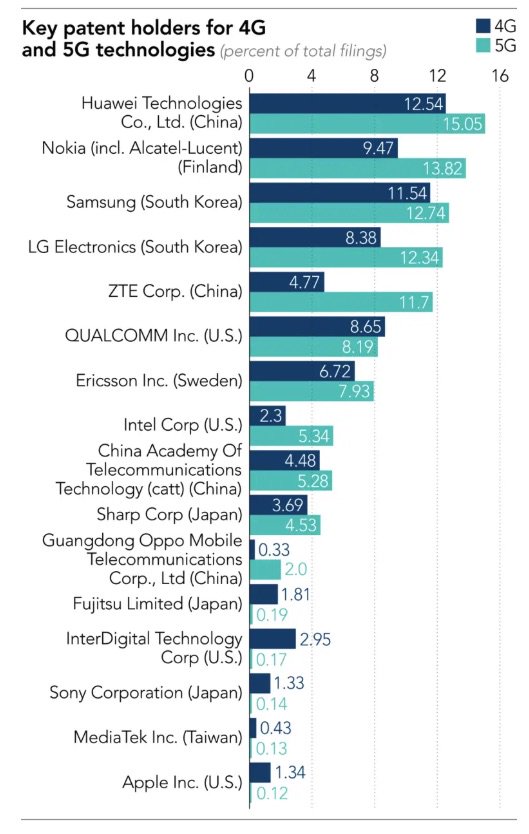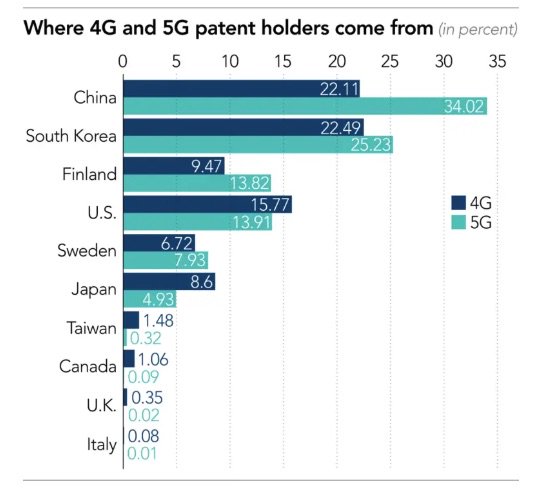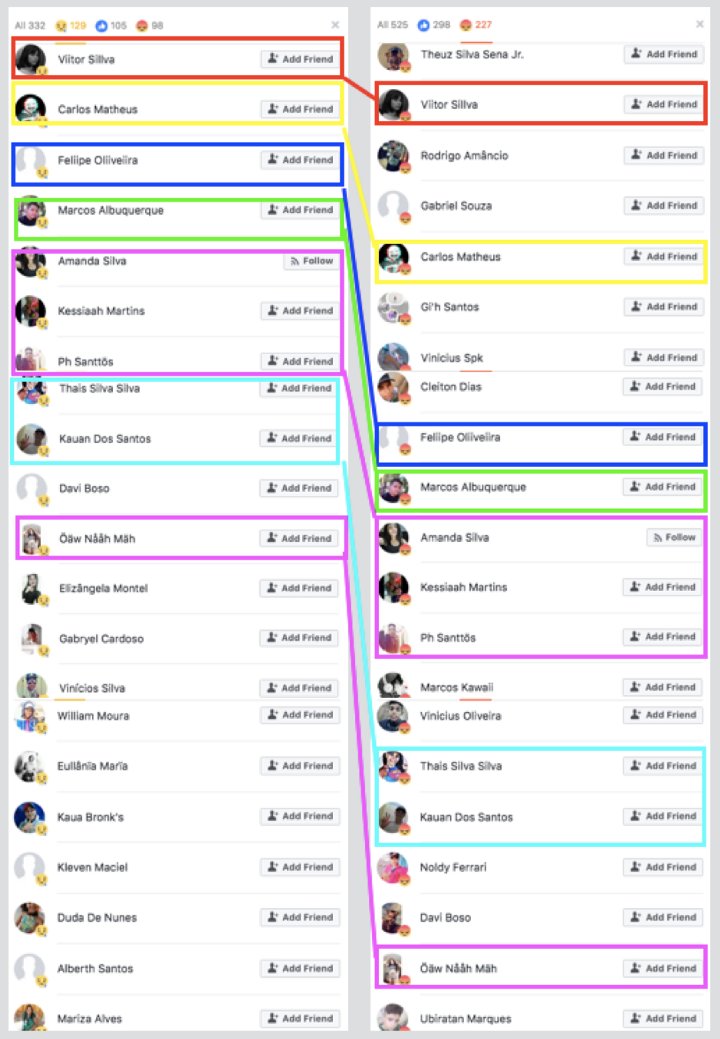I struggle to see any successful approach right now in terms of combatting multi-headed monster of mis/disinformation & sophisticated online political tactics
As someone put it to me recently: “Mark, if we knew how to do this, we would have done it already."









